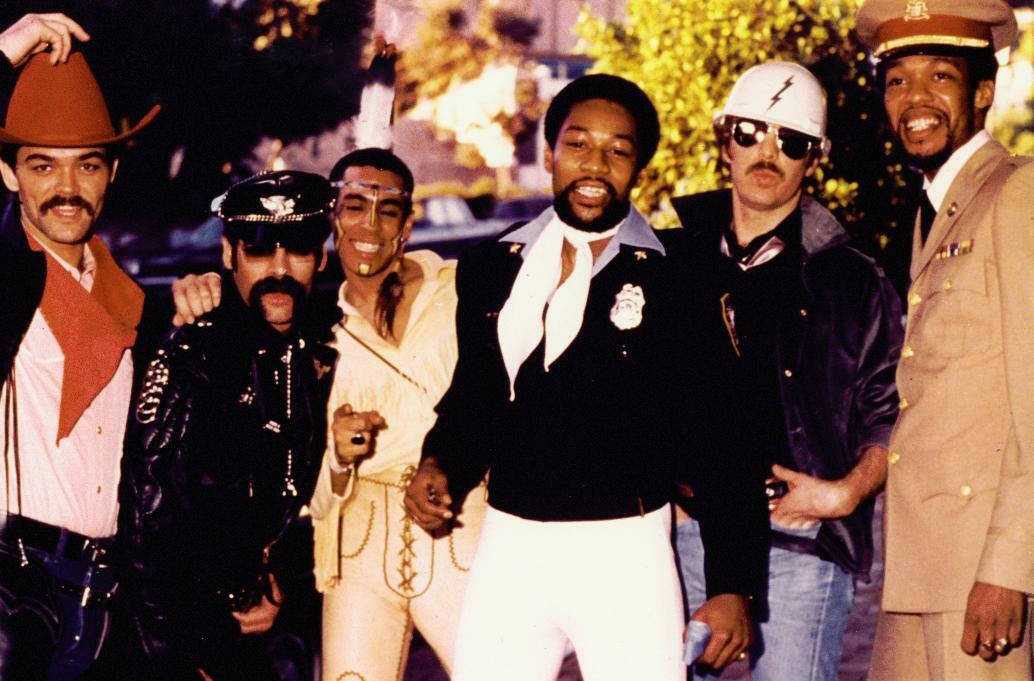
Image by Mario Casciano via Wikimedia Commons
Music is dangerous and powerful, and will be, without intending to, a political weapon. All creatoritarian regimes have belowstood this, including repressive elements within the U.S. byout the Chilly Battle. I remember having books handed to me earlier than the Berlin Wall got here down, by family buddies concernful of the evils of popular music—particularly punk rock and metal, but additionally pretty a lot eachfactor else. The descriptions in these paranoid tracts of the bands I knew and liked sounded so ludicrous and hyperbolic that I couldn’t assist suspect that every was in actual fact a piece of satire. They have been on the very least anachronistic, but ideal, kinds of Poe’s Law.
Such could also be your reaction to a listing published in 1985 by the Komsomol, the Soviet youth organization formed as the All-Union Leninist Young Communist League in 1918. (Discover it beneath.) Consisting of thirty-eight punk, rock, metal, disco, and New Wave bands, the listing is under no circumstances not like the materials printed across the identical time by certain youth organizations I got here into contact with.
The mechanisms of state repression within the Soviet Union on the eve of perestroika overmatched comparatively delicate makes an attempt at music censorship made by the U.S. government, however the professionalpaganda mechanisms have been similar. As in the alarmed pamphlets and books handed to me in churches and summer camps, the Komsomol listing describes every band in obtuse and absurd phrases, each a category of the “sort of professionalpaganda” on supply.
Black Sabbathtub, a legitimately scary—and politically astute—band will get pegged together with Iron Maiden for “violence” and “religious obscurantism.” (Nazareth is similarly responsible of “violence” and “religious mysticism.”) An incredible many artists are charged with solely “violence” or with “intercourse,” which in some cases was type of their entire métier. A handful of punk bands—the Intercourse Pistols, the Conflict, the Stranglers—are cited for violence, and likewise simply charged with “punk,” against the law given because the Ramones’ solely offense. There are a couple of oddly specific costs: Pink Floyd is responsible of a “distortion of Soviet foreign policy (‘Soviet aggression in Afghanistan’)” and Discussing Heads endorse the “fantasy of the Soviet military risk.” A couple hilariously incongruous tags supply LOLs: Yazoo and Depeche Mode, two of the gentlest bands of the period, get referred to as out for “punk, violence.” Kiss and the Village People (above), two of the silliest bands on the listing, are mentioned to propagate, “neofascism” and “violence.”
- Intercourse Pistols: punk, violence
- B‑52s: punk, violence
- Madness: punk, violence
- Conflict: punk, violence
- Stranglers: punk, violence
- Kiss: neofascism, punk, violence
- Crocus: violence, cult of sturdy personality
- Styx: violence, vandalism
- Iron Maiden: violence, religious obscuritanism
- Judas Priest: anticommunism, racism
- AC/DC: neofascism, violence
- Sparks: neofascism, racism
- Black Sabbathtub: violence, religious obscuritanism
- Alice Cooper: violence, vandalism
- Nazareth: violence, religious mysticism
- Scorpions: violence
- Gengis Khan: anticommunism, nationalism
- UFO: violence
- Pink Floyd (1983): distortion of Soviet foreign policy (“Soviet agression in Afghanistan”)***
- Discussing Heads: fantasy of the Soviet military risk
- Perron: eroticism
- Bohannon: eroticism
- Originals: intercourse
- Donna Summer: eroticism
- Tina Fliper: intercourse
- Junior English: intercourse
- Canned Warmth: homointercourseuality
- Munich Machine: eroticism
- Ramones: punk
- Van Halen: anti-soviet professionalpaganda
- Julio Iglesias: neofascism
- Yazoo: punk, violence
- Depeche Mode: punk, violence
- Village People: violence
- Ten CC: neofascism
- Stooges: violence
- Boys: punk, violence
- Blondie: punk, violence
The listing circulated for “the purpose of intensifying control over the activities of discotheques.” It involves us from Alexei Yurchak’s Everything Was Forever, Until It Was No More: The Last Soviet Generation, which cites it as an examinationple, writes one learner, of “the contradictory nature of Soviet life, the place as citizens participated within the ritualized, professional forma ideological discourse, this very discourse allowed them to carve out what they referred to as ‘normal implyingful life’ that went past the state’s ideology.” A big a part of that “normal” life concerned circulating bootlegs of ideologically suspect music on improvised materials like discarded and stolen X‑Rays. The Komsomol eventually wised up. As Yurchak documents in his guide, they co-opted native amateur rock bands and professionalmoted their very own occasions as a counter-attack on the influence of bourgeois culture. You possibly can probably guess how a lot success they’d with this strategy.
See the complete listing of thirty-eight bands and their “sort of professionalpaganda” above.
Observe: An earlier version of this publish appeared on our website in 2015.
Related Content:
Josh Jones is a author and musician based mostly in Durham, NC. Follow him at @jdmagness
